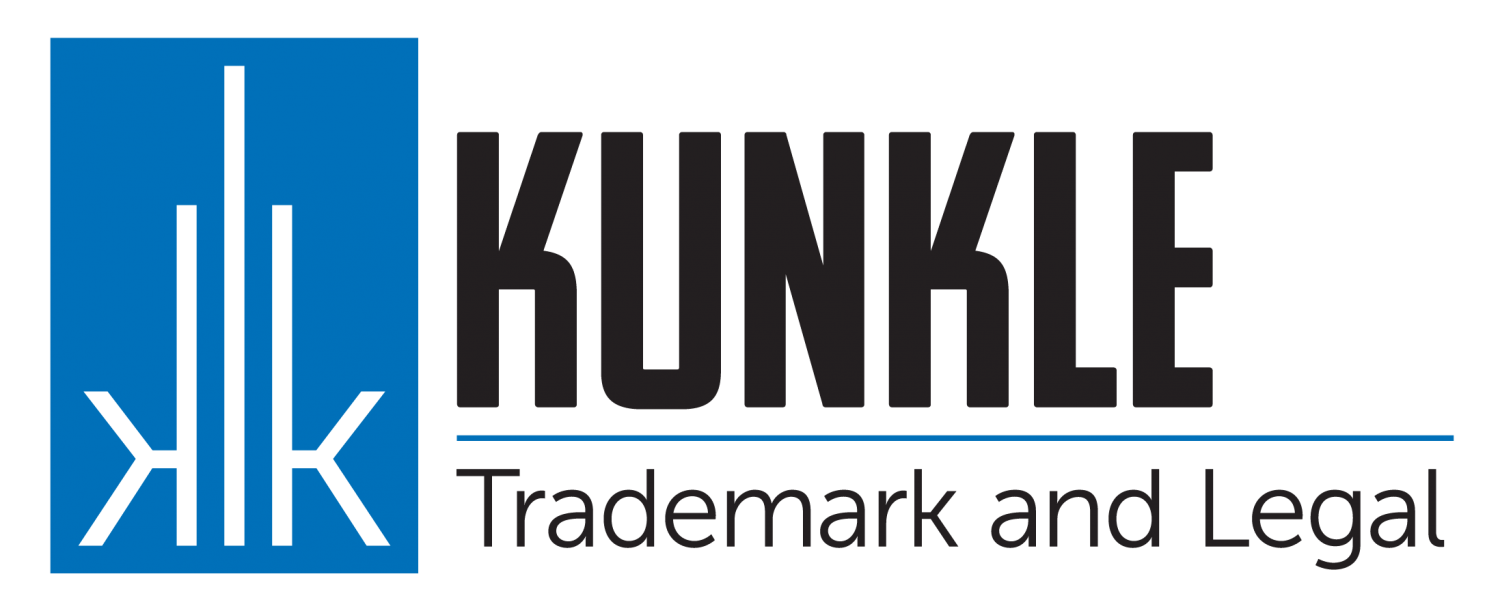 After eight years of a trail and the appeals process, on Nov. 14, 2013, U.S. Court of Appeals Judge, Denny Chin, dismissed a suit by the Author’s Guild against Google for its’ digital scanning project where they began scanning millions of books and making snippets (not full books) available in its search results. His full opinion can be read here. The Author’s Guild has filed an appeal. The Author’s Guild claim is that this scanning alone violates those authors’ copyright. Google’s defense — the one that Judge Chin agreed with — was that it fell within the scope of Fair Use. Chin says in his opinion that, “…Google Books provide significant public benefits.”
After eight years of a trail and the appeals process, on Nov. 14, 2013, U.S. Court of Appeals Judge, Denny Chin, dismissed a suit by the Author’s Guild against Google for its’ digital scanning project where they began scanning millions of books and making snippets (not full books) available in its search results. His full opinion can be read here. The Author’s Guild has filed an appeal. The Author’s Guild claim is that this scanning alone violates those authors’ copyright. Google’s defense — the one that Judge Chin agreed with — was that it fell within the scope of Fair Use. Chin says in his opinion that, “…Google Books provide significant public benefits.”
Section 107 of Title 17 of the U.S. Code determines the nature of Fair Use. Fair Use allows for the use of copyrighted material for a variety of purposes — education, criticism, research, etc. The most relevant portion of the criterion to be met in this case was subsection 3, which looks at, “…the amount and substantiality of the portion used in relation to the copyrighted work as a whole…” Basically, you can use parts of a work when using it for a specified, and approved, purpose, but you’re not allowed to take all of it or cherry pick the most substantive parts.. Chin believes that the actions of Google with their project fits within this criterion of Section 107.
What does this mean for the average creative? Well, for one, your works, if published, your work could be scanned by Google and be made available, in part, online for Internet users to search. This means that works might soon begin to be more readily available online whether authors want it or not, or at least snippets of their work. It also means that in an age where anonymity is more wide-spread, that your work might also end up misappropriated by someone through similar means. The lines of Fair Use might very well be blurred with this ruling without further clarification of what constitutes a “substantial portion” of a work when a party decides to engage in mass archiving.
Additional Reading:
Why Google’s Fair Use Victory In Google Books Suit Is A Big Deal–And Why It Isn’t
GOOGLE AND THE PROPER ANTITRUST SCRUTINY OF ORPHAN BOOKS
